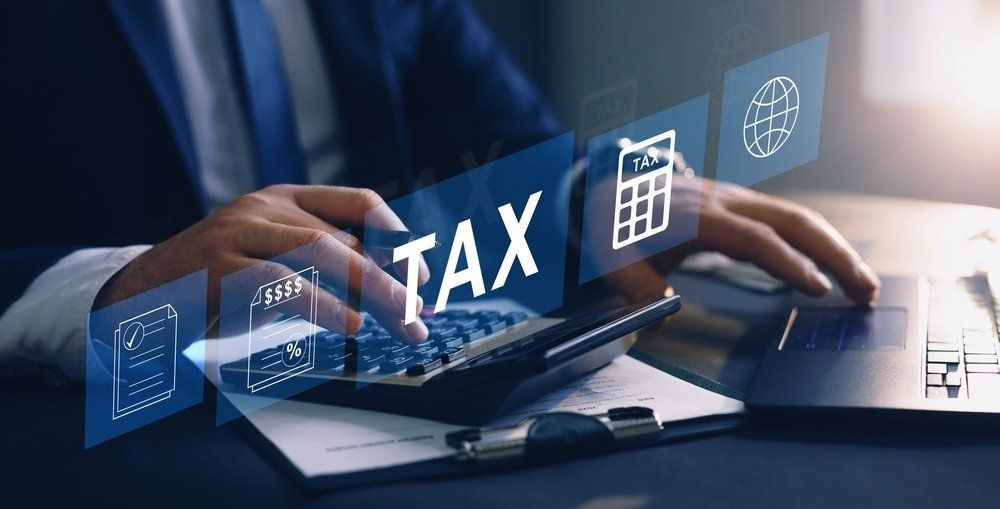Can Accounting Services Help Me With My Tax
Can accounting services help me with my tax? The answer depends on what you need them to do. A good accountant will have sophisticated software to organize line items and documents. They will save you time and effort by automating data entry and organization. This reduces the possibility of human error. But will they really be worth the cost? In this article, we'll discuss some of the costs and benefits of hiring a CPA.
Cost of accounting services
How much does it cost to hire an accountant? This cost depends on several factors, including the type of service, size of the company, and professional background. Accountants do a wide range of work, including financial statements, tax returns, and bookkeeping. Most accountants charge by the hour, and the price per hour can be very different depending on the experience and reputation of the accountant and the region they serve. To determine the price of accounting services, visit Thumbtack and look at their pricing by service.
The hourly rate of a bookkeeper is less than that of a CPA. While accountants may be highly skilled, they are not necessarily tax experts. You can hire a bookkeeper instead of a CPA if you're unsure about accounting. But keep in mind that the more time an accountant spends on your books, the higher the price. If you're unsure about the fees for these services, check out this guide for an idea of what to expect.
Depending on the type of accounting service you need, your accountant can charge anywhere from $30 to $300 per hour. Some accountants charge per hour, while others charge by the project. Some charge by the hour for short-term bookkeeping problems, or one-time assistance with accounting software. Many accountants offer free consultations so that you can find out what pricing structure is best for your needs. Then, you can make an informed decision.
Benefits of working with an accountant
Whether you're a small business owner, looking to maximize tax benefits, or both, there are many advantages to working with an accountant. Tax laws change frequently, and accountants understand how to navigate the HMRC website. They can also advise you on the most tax-efficient ways to conduct business. It's not always easy to keep track of your business and personal expenses. Your accountant can help keep them separate.
The first benefit to working with an accountant is a level of trust. When you trust a professional to handle your taxes, you can be assured that they're working for your best interests. A good accountant will be able to answer any questions you have along the way. Their knowledge of tax law will also help them communicate effectively with other planning professionals, such as your lawyer and accountant. The best accountants also have the right experience to handle your needs.
Another benefit to working with an accountant is that you can develop a personal relationship with your tax accountant. Over the years, they can learn about your family's financial history and what your goals are. This understanding will allow your accountant to make useful tax savings suggestions. While tax software programs can't anticipate such things, a tax professional can. Whether you want to save for your children's education or reduce your tax burden on capital gains, your tax accountant can help you achieve your goals.
Cost of hiring a CPA
The cost of hiring a CPA to prepare your taxes can range widely. Some charge by the hour, while others may charge by the form and service. You should also consider the level of expertise and experience of the CPA you choose. Although hiring a CPA won't break the bank, it can save you a lot of trouble in the long run. Hiring an accountant for your taxes can count as a business expense and qualify towards deductions.
The cost of hiring a CPA for tax preparation is different depending on the size of the firm. Smaller firms operate from home offices, while larger firms have hundreds of professionals. The size of the firm is usually determined by the type of tax preparation and services that the client needs. A small firm might charge less for a one-time tax return, while a larger firm can help you every year. Typically, a larger firm will charge more than a smaller one, so make sure you compare rates carefully.
The price of hiring a CPA for tax preparation depends on the level of complexity. A small portfolio can cost as little as $1,000, but a large portfolio can cost upwards of $3,000. The price is also affected by other income streams and the number of states you live in. If you need to file taxes annually, you should hire a CPA for tax preparation, since the process is very complicated. If you're over 70, you should hire a CPA for this.



